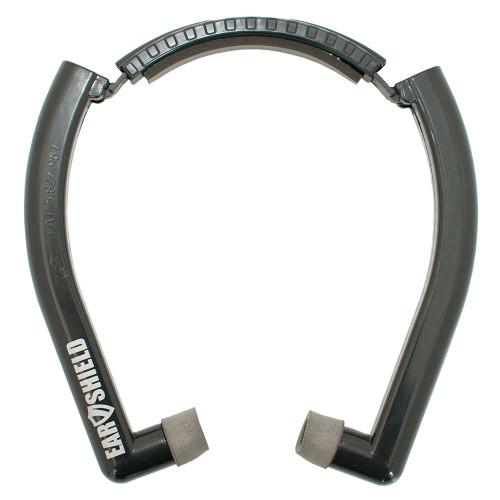Kingcreek
Member
I hunt with a bow. The noise doesn’t bother me much.
The three shots when you get lost are problematic though…I hunt with a bow. The noise doesn’t bother me much.
Thank goodness for using string silencers and limb dampeners.I hunt with a bow. The noise doesn’t bother me much.
I foolishly shot thousands of rounds in my younger years without ear protection, shotgun, rifle, and handgun. And I've had some very, very loud sound systems with a lot of listening time. Thank God it hasn't yet caught up with me (perhaps the faintest bit of ringing when I'm in a completely quiet environment), but every time I read some of the horror stories that some guys post about how bad their ringing is, I cringe. Over the years I've read several accounts where people said that one single shot outdoors triggered the ringing years ago, and it hasn't gotten any better since.One shot out in the open isn't going to permanently damage your hearing.

For several years I have hunted with a Tikka T3 in 7-08 with a muzzle brake. It hasn't bothered me before now, but this year I hunted from an enclosed stand with a roof. Even with the muzzle outside the stand the blast was too loud. I shot a deer Saturday and today, Tuesday my ears still ring. I plan on removing the muzzle brake for hunting.
Any other suggestions for ear protection while still being able to hear deer?
Just for what it is worth, there are multiple different materials used for impressions, and some of them are more stable than others. The one we use at the clinic gives a very accurate result, but only lasts for about six months before it starts to break down. As temporary ear protectors they are great, but they are very temporary!I've posted this before in other hearing threads, but I'll do it again here.
If you are a veteran with hearing aides, next trip ask the audiologist to make an xtra set of ear impressions to use as plugs. (You didn't know your ear canal wasshaped that way.) I have used mine with headset for years and they work great. If you leave them in a hot car or truck (think AZ) they will shrink some.
Also, noise and vibration comes thru the stock at your cheek weld via bone conduction. I put 2 layers of mole skin on the stock at my ckeek weld at my natural point of Aim. I think it helps with noise, I know it helps acquire my correct cheek weld, and in the cold, it's warmer than the stock.
I always wear ear protection, sometimes double up when at the range or shooting shotgun.
I never wear ear protection when hunting, as I'm not normally shooting. Listening to the surroundings is a key aspect when hunting. One shot out in the open isn't going to permanently damage your hearing.
Nonsense, done it my entire life, including loud guitar amps and my hearing is fine.Nonsense, see post #10. I always wear hearing protection when hunting, I've had guides who didn't like it, I don't care.
I have a coupla pairs of them myself. They work well enough, but become uncomfortable when wearing for long periods of time. They also will make your ears "sweat" if it's warm or you are doing something like still hunting or walking. Make sure you remove them periodically so they don't get damp inside from the sweat. They will tend to quit working otherwise. Walker has a promotion going on right now for a BOGO with the Razors..... Razor DealThanks for the replies. I have ordered a Walker Razor ear muff,
